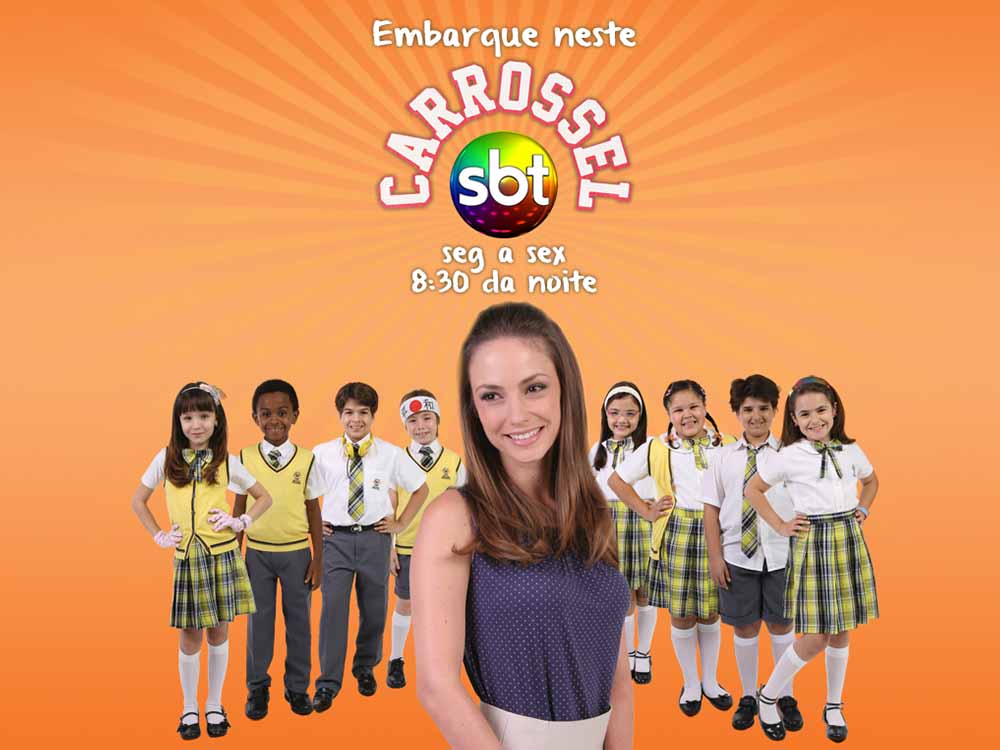“Carrossel” (2012) – A Heartwarming Tale of Friendship and Childhood Adventures
In 2012, “Carrossel” emerged as a beloved Brazilian telenovela, enchanting audiences with its endearing portrayal of childhood adventures, friendships, and the challenges young students face. This comprehensive overview explores the heartwarming narrative, the unforgettable characters, the impact of “Carrossel,” and its place in Brazilian television history.
A Glimpse into the World of “Carrossel”
“Carrossel” transported viewers to a world of innocence and wonder, focusing on the lives of a group of elementary school students at the Mundial School. Their everyday experiences, friendships, and the challenges they encountered formed the backbone of the telenovela.
The series captured the essence of childhood, portraying the ups and downs, joys and sorrows, and the remarkable bond that formed among the students and their teachers.
Unforgettable Characters and the Power of Friendship
“Carrossel” was known for its diverse and memorable characters, each with a unique personality:
- Maria Joaquina (Larissa Manoela): The sophisticated and intelligent Maria Joaquina was initially distant from her classmates but grew to appreciate the value of friendship.
- Cirilo (Jean Paulo Campos): Cirilo was a kind-hearted boy who faced challenges due to his modest background, but his good nature endeared him to the class.
- Carmen (Stefany Vaz): Carmen was a fun-loving and mischievous girl, known for her adventurous spirit and strong friendship with her classmates.
- Professor Helena (Rosanne Mulholland): The warm and caring teacher, Professor Helena, played a pivotal role in guiding her students through their formative years.
The telenovela celebrated the power of friendship and the idea that, despite their differences, the students were a family in the truest sense.
Themes of Childhood, Education, and Values
“Carrossel” touched on themes that resonated with both children and adults:
- Childhood Adventures: The telenovela captured the essence of childhood, including playground adventures, schoolyard pranks, and heartwarming friendships.
- Educational Values: It emphasized the importance of education, the role of teachers, and the growth of young minds.
- Moral Lessons: The telenovela often conveyed moral lessons through its characters’ experiences, teaching young viewers about kindness, empathy, and acceptance.
- Family Values: The close-knit relationships among the students and their parents were a testament to the importance of family bonds.
The Cultural Impact of “Carrossel”
“Carrossel” had a profound cultural impact in Brazil and beyond:
- Childhood Nostalgia: The telenovela resonated with adults, evoking nostalgia for their own childhoods and the values they held dear.
- Educational Values: “Carrossel” sparked discussions about the role of education and the impact of teachers on students’ lives.
- Global Popularity: The series gained international recognition, attracting a global fanbase that appreciated its universal themes.
- Legacy: “Carrossel” left a lasting legacy, inspiring future generations and shaping the landscape of Brazilian television.
In conclusion, “Carrossel” in 2012 was a heartwarming telenovela that celebrated childhood, friendship, and the values that unite people of all ages. Its memorable characters and timeless themes left an enduring cultural impact, making it a cherished part of Brazilian television history.











